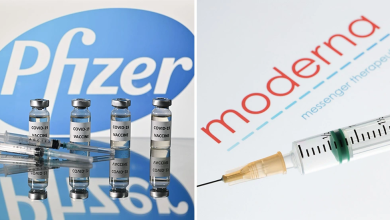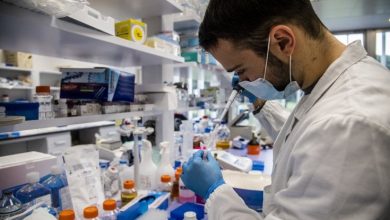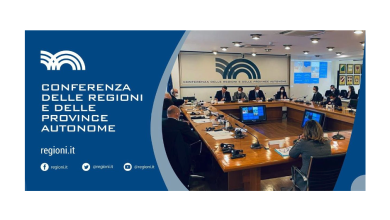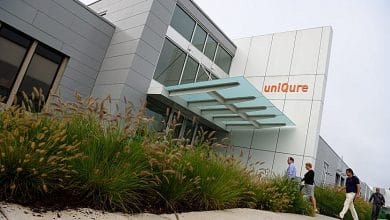
f uga of brains, but also of patents. Although scientific studies are produced in our country which are higher than the OECD average in terms of quantity and quality (we are in eighth place in the world), only a small part translates into patents, industrial production and therefore wealth: 9 times less than in Denmark, 7 times less than in the USA, 4 times less than Germany, France and Spain. Even this difficulty in carrying out research causes many of our young researchers to flee abroad. And with them, Italy loses at least one billion euros a year: this is how much the 243 patents produced by our top 50 researchers make to the countries where they went to work, according to OECD data, Anvur (National Agency for the Evaluation of the University and Research System) and I-Com (Institute for Competitiveness).
uga of brains, but also of patents. Although scientific studies are produced in our country which are higher than the OECD average in terms of quantity and quality (we are in eighth place in the world), only a small part translates into patents, industrial production and therefore wealth: 9 times less than in Denmark, 7 times less than in the USA, 4 times less than Germany, France and Spain. Even this difficulty in carrying out research causes many of our young researchers to flee abroad. And with them, Italy loses at least one billion euros a year: this is how much the 243 patents produced by our top 50 researchers make to the countries where they went to work, according to OECD data, Anvur (National Agency for the Evaluation of the University and Research System) and I-Com (Institute for Competitiveness).
With the aim of creating a place where it is possible to translate scientific research into patents, work and industrial production, the Biomedical Research Laboratory of Catania was created, the result of a public-private collaboration involving the University of Catania, La Sapienza of Rome and Eli Lilly. The structure can also count on European funds from the PON (National Operational Programme) for the first project carried out.
A rare initiative in our country, all the more valuable because it was carried out in Southern Italy, where brains are not lacking, but opportunities are. "To reverse the trend - says Giacomo Pignataro, rector of the University of Catania - the commitment of training and research institutions must be aimed at creating opportunities for growth and integration, capable of enhancing the skills and abilities of our young graduates".
In the first 24 months of activity, the Catania Laboratory concluded its first research project, with the main objective of developing new diagnostic kits for the evaluation of markers of bone metabolism, useful for identifying alterations of skeletal metabolism in subjects with pathologies such as osteoporosis, which affects 4 and a half million people in Italy alone. The results made it possible to identify a diagnostic method for osteoporotic pathology and the procedure for patent protection was started.
“ This result – he comments Andrea Lenzi, president of Cun and scientific coordinator of the Pon project – represents on the one hand a real and virtuous example of the use of Pon funds to start a research activity in a very short time in the Catania office, on the other a collaboration between public and private financers, which by cooperating together give rise to a trend reversal in the dichotomy between the two sources".
This result – he comments Andrea Lenzi, president of Cun and scientific coordinator of the Pon project – represents on the one hand a real and virtuous example of the use of Pon funds to start a research activity in a very short time in the Catania office, on the other a collaboration between public and private financers, which by cooperating together give rise to a trend reversal in the dichotomy between the two sources".
“United we win – declares Massimo Scaccabarozzi, president of Farmindustria – and this is demonstrated by the results obtained by the Biomedical Research Laboratory at the University of Catania just two years after its inauguration. By building virtuous synergies, with a stable framework and certain rules, Italy, with its excellent researchers, has all the know-how to play the game as a protagonist”. Not only. "At the same time, we need a system that protects intellectual property, patents and trademarks, both to encourage brains who move abroad to return to our country, and to attract the best international minds", he underlines.





